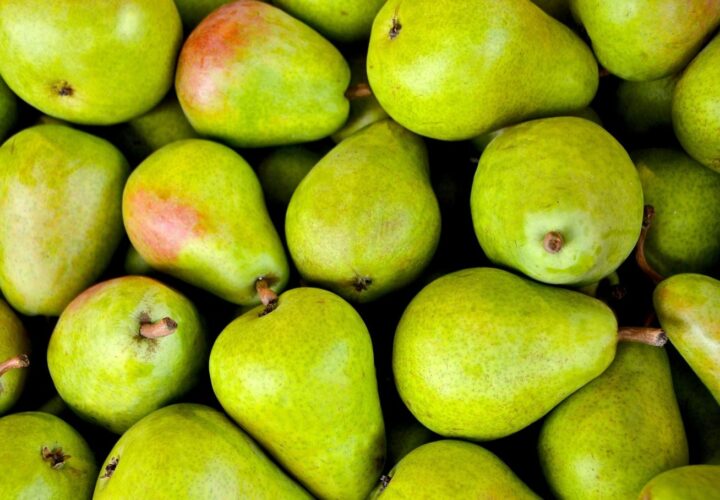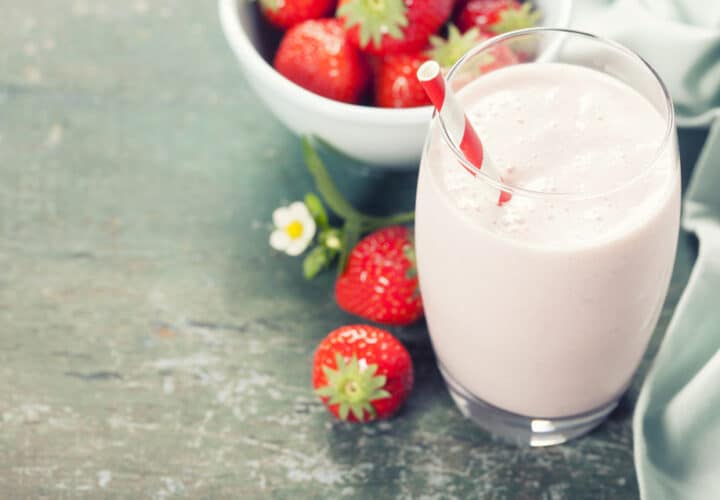As the dementia research community scrambles to find a cure—or at least a treatment—for the disease, researchers are becoming more and more certain about at least one thing that could make a huge difference in stemming Alzheimer’s cases worldwide: lifestyle changes. In a new study, researchers explored one particular antioxidant, known as flavonol, that’s found fruits and vegetables and may fight Alzheimer’s.
If there’s anything that neurologists are certain about, it’s that exercise, as well as a diet rich in Mediterranean foods like fruit, vegetables and olive oil, actually have the most solid evidence in slowing down the progression of neurodegenerative diseases. But what exactly is it about apples, grapes, berries and dark, leafy greens that make them so protective for the brain?
The researchers of the latest study, from Rush University in Chicago, chose to investigate flavonol to better define why a healthy diet can possibly prevent, or slow down, the progression of Alzheimer’s.
Flavonols and Alzheimer’s
Flavonols are a type of phytochemical, which are active compounds found in plants. They fall under a larger class of flavonoids, which are found in plants as well as things like bark, roots, stems, flowers, fungi, wine and tea. Not to be confused with flavanols (written with an “a”), flavonols can be found in a huge variety of vegetables and fruit.
It’s been known for a while that flavonoids in general, given their antioxidant and anti-inflammatory properties, are considered good for your health.
In the latest study, the researchers examined 921 older people with an average age of 81. The participants did not have Alzheimer’s or dementia. Each year over the course of six years, the participants reported on how often they ate particular foods containing flavonols; their levels of education, physical activity and mental activity were also measured. During the study, 220 people ended up developing Alzheimer’s.
The researchers then divided up all the participants into five groups, depending on how much flavonol intake they had in their diet—with the lowest group eating about 5.3 milligrams of flavonol a day, and the highest group consuming 15.3 milligrams a day.
The main takeaway was that people in the highest group were 48 percent less likely to develop Alzheimer’s, compared to people in the lowest group, even when the researchers adjusted for genetics, demographics and other lifestyle factors.
Interestingly, the researchers were also able to break down the flavonols into four different kinds, including isorhamnetin (found in pears, olive oil, wine and tomato sauce), kaempferol (found in kale, beans, tea, spinach and broccoli), myricetin (found in tea, wine, kale, oranges and tomatoes) and quercetin (found in tomatoes, kale, apples and tea).
“More research is needed to confirm these results, but these are promising findings,” Dr. Thomas Holland, the lead author of the study, said in a news release.
“Eating more fruits and vegetables and drinking more tea could be a fairly inexpensive and easy way for people to help stave off Alzheimer’s dementia,” he continued. “With the elderly population increasing worldwide, any decrease in the number of people with this devastating disease, or even delaying it for a few years, could have an enormous benefit on public health.”
In other recent research, scientists found that a precision medicine approach to lifestyle changes, personalized to a person’s genetics, age and needs, could actually slow down the rate of decline associated with neurodegenerative diseases. According to that study, up to one third of dementia cases could be prevented with a healthy diet and exercise.





